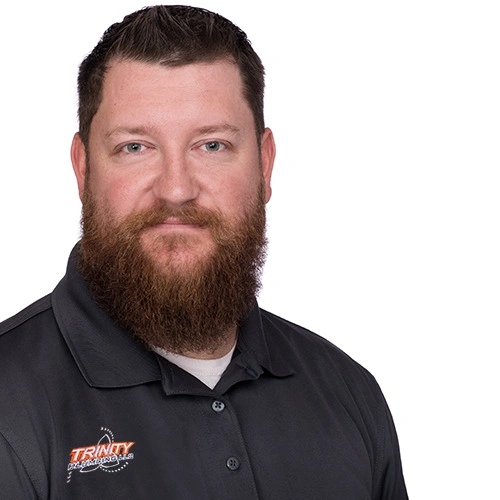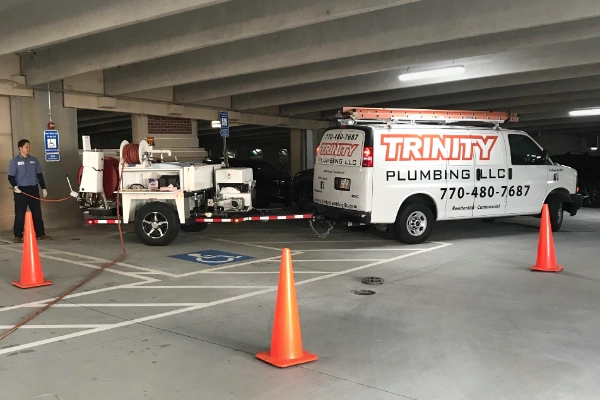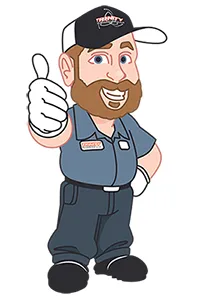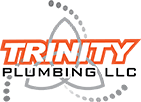
After 15 years of proudly serving our community, we are saddened to announce that Trinity Plumbing will be closing our doors. We want to extend our deepest gratitude to all of our loyal customers and referral partners who have supported us throughout this journey. Your trust in our team has meant the world to us.
Although we won’t be able to continue providing services, we are incredibly grateful for the relationships we’ve built, and we will always cherish the opportunities we’ve had to help with your plumbing needs.
With Heartfelt Appreciation,
Robert Sanchez
Plumber Recommendation: We highly recommend Tom Kris and Sons Plumbing for any plumbing needs. You can learn more about their services and book an appointment through their website: Tom Kris and Sons Plumbing





